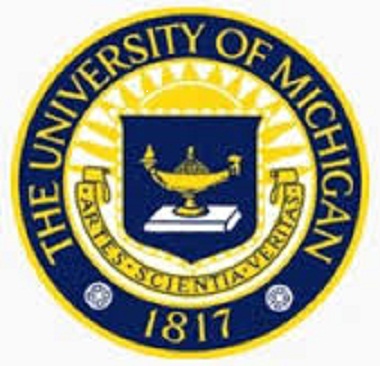
New information technologies are transforming life in cities across Michigan and around the world. After decades of development, citizens now wield smartphones and laptops, homes and offices are wired with broadband, and city planners and managers can choose from an expanding array of consultants and systems. As a result of this dizzying expansion of innovation, cities are only just beginning to learn how to use these tools to tackle urban problems, improve quality of life, and create dynamic places. Join a diverse group of public officials, citizens, entrepreneurs, activists and scholars interested in how new technology can reinvent citizenship, improve urban planning, and revitalize cities in Michigan and beyond at #micities on Saturday, October 4 at the University of Michigan in Ann Arbor. The event is co-hosted by the University of Michigan’s School of Information and the Taubman College of Architecture and Urban Planning. The conversation will span the fields of civic engagement, public administration, and urban planning.
The Changing Nature of Civic Engagement
New information tools have transformed many industries in the past several years, but have rarely been applied to interactions between local governments and their citizens. New information tools could change one of the critical issues facing local governments: how to better enable citizens to engage with their local officials in constructive, effective ways. Together with their partner city of Jackson, Michigan, the UM School of Information has launched a three year project centered around designing new information services. Work emerging from this project will be presented at the conference, and they invite presentations on all aspects of the emerging field of civic technology.
Reinventing Municipal Administration
In recent years, most of Michigan’s municipalities have struggled to provide services and maintain infrastructure while revenues have dipped. Meanwhile, citizens demand greater transparency, improved customer service, and efficiency. This track explores how new technology can help improve city operations and increase efficiency. It will also discuss the challenges surrounding new technology in local government: How can procurement processes be reformed to ensure vendors don’t overpromise and underdeliver? How can municipalities innovate with limited resources? How should public policy balance transparency with other goals like privacy?
New Tools for Urban Planning
Social media, crowdsourcing, online mapping, data visualization, and advances in geographic information systems provide Michigan planners with more tools than ever to engage stakeholders, solicit feedback on proposals, and conduct analysis. From participatory mapping to planning support systems, this track will focus on how these tools can improve planning and placemaking efforts statewide.
Present at the Conference
They invite submissions addressing any topic related to the conference theme. There are three categories:
Lightning Talks - A short presentation where 20 slides are shown for 20 seconds each (for a total of 6:40). Shown at the start of the event, these presentations can be insightful or humorous, and will help set the stage for more in-depth discussions.
Session Presentation - A presentation of 10-20 minutes describing a case, sharing research findings, discussing a new tool or technique, or simply raising an issue for discussion. Presentations will be grouped into sessions, and may be accompanied by slides.
Paper Presentation - A presentation of a pre-circulated scholarly paper investigating a topic related to the conference theme. Papers should contain the following sections: introduction, research problem/question, methodology, results, conclusions.
Learn more by visiting http://micities.info/
New, Reduced Membership Dues
A new, reduced dues rate is available for CAOs/ACAOs, along with additional discounts for those in smaller communities, has been implemented. Learn more and be sure to join or renew today!
